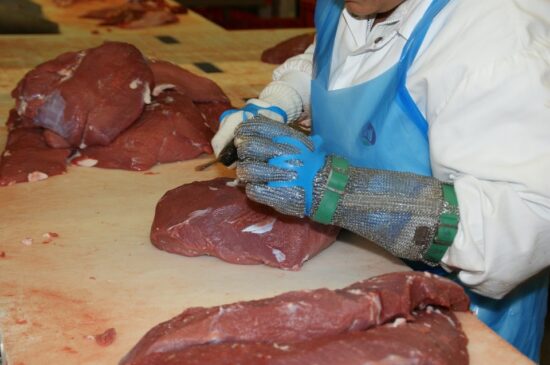A review of antimicrobial resistance in imported foods
Antimicrobial resistance is one of the most serious threats to the medical sciences. The food supply is recognized as a potential source of resistant bacteria, leading to the development of surveillance programs targeting primarily poultry, pork and beef. These programs are limited in scope not only in the commodities tested, but also in the organisms targeted (Escherichia coli, Salmonella and Campylobacter); consequently, neither the breadth of food products available nor the organisms which may harbour clinically relevant and/or mobile resistance genes are identified. Furthermore, there is an inadequate understanding of how the international trade in food products contributes to the global dissemination of resistance. This is despite the recognized role of international travel in dissemination disseminating antimicrobial-resistant organisms (ARO), notably the New Delhi Metallo-betalactamase. An increasing number of studies describing ARO in a variety of imported foods will be summarized in this review.
AMR NEWS
Your Biweekly Source for Global AMR Insights!
Stay informed with the essential newsletter that brings together all the latest One Health news on antimicrobial resistance. Delivered straight to your inbox every two weeks, AMR NEWS provides a curated selection of international insights, key publications, and the latest updates in the fight against AMR.
Don’t miss out on staying ahead in the global AMR movement—subscribe now!







